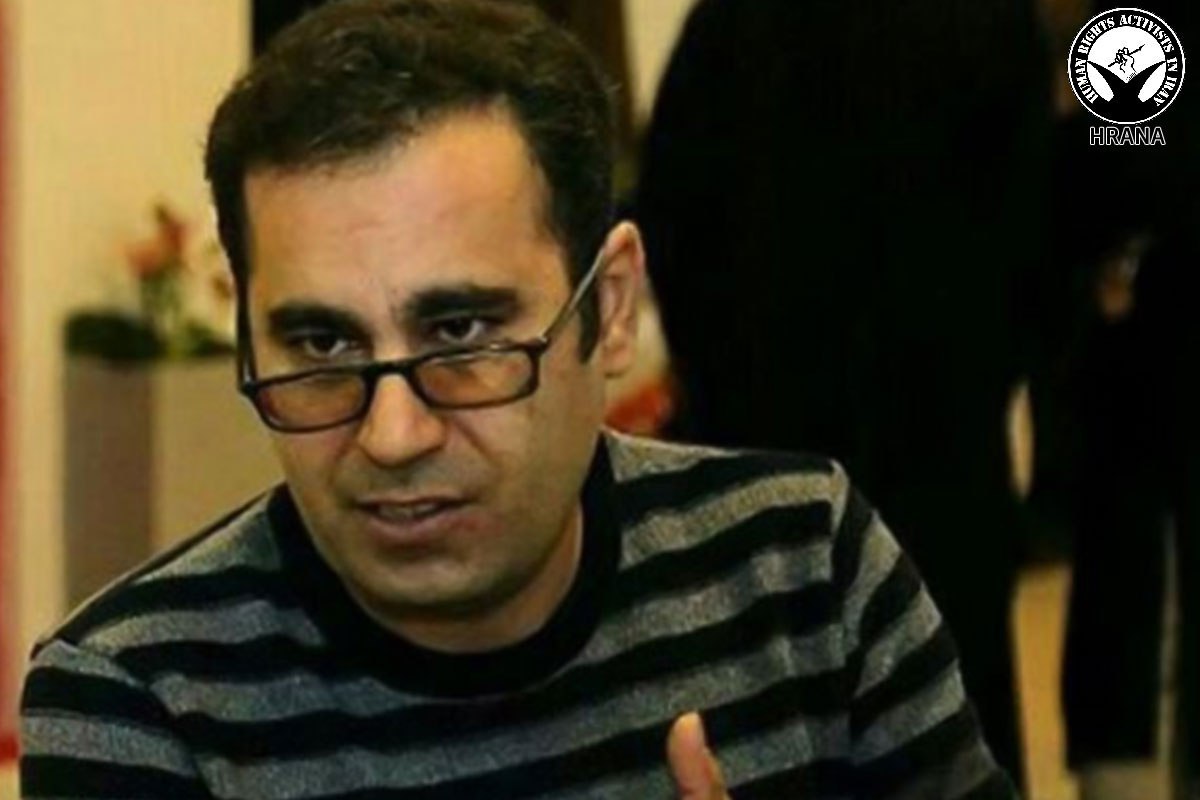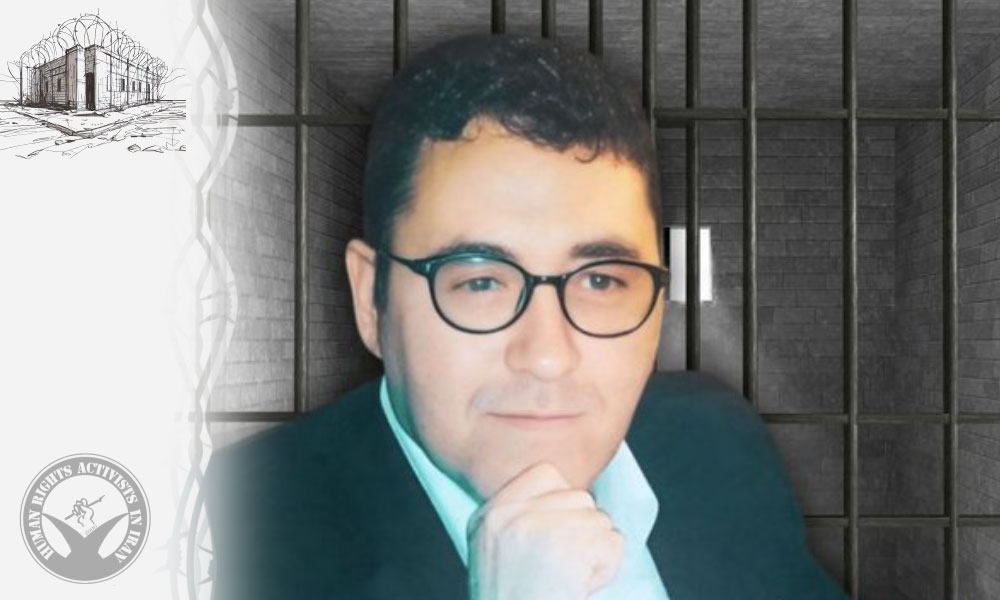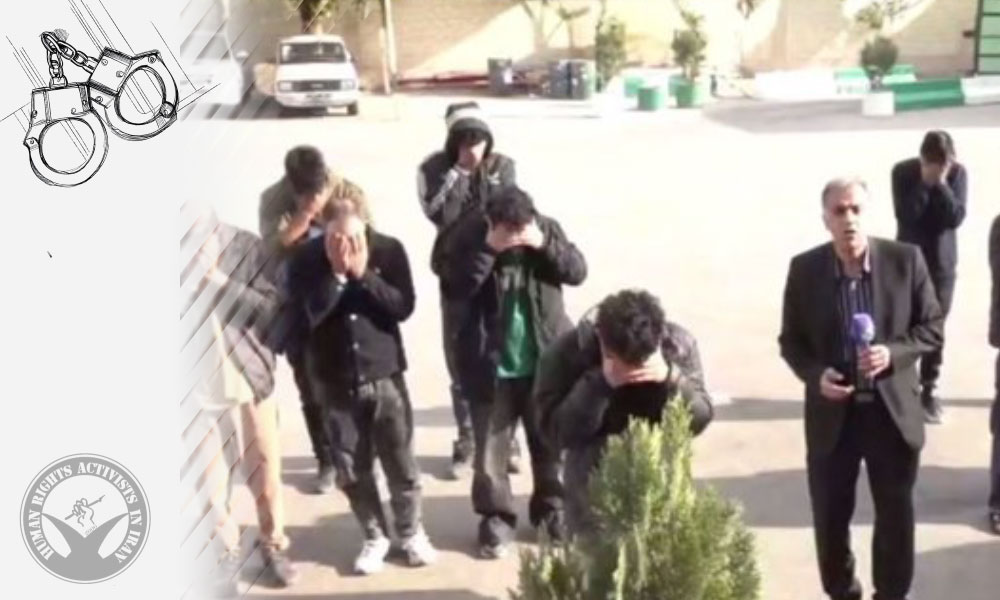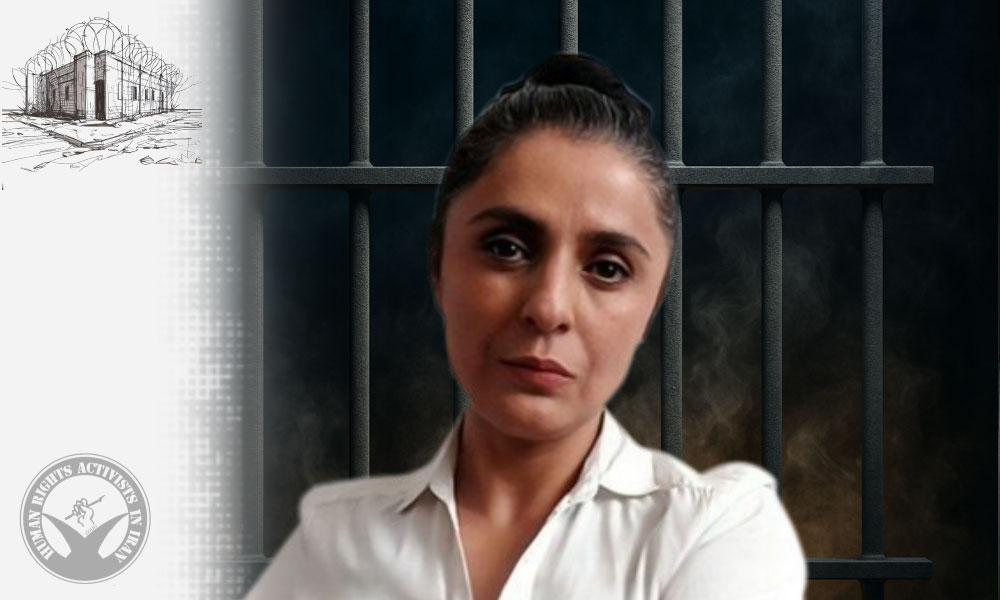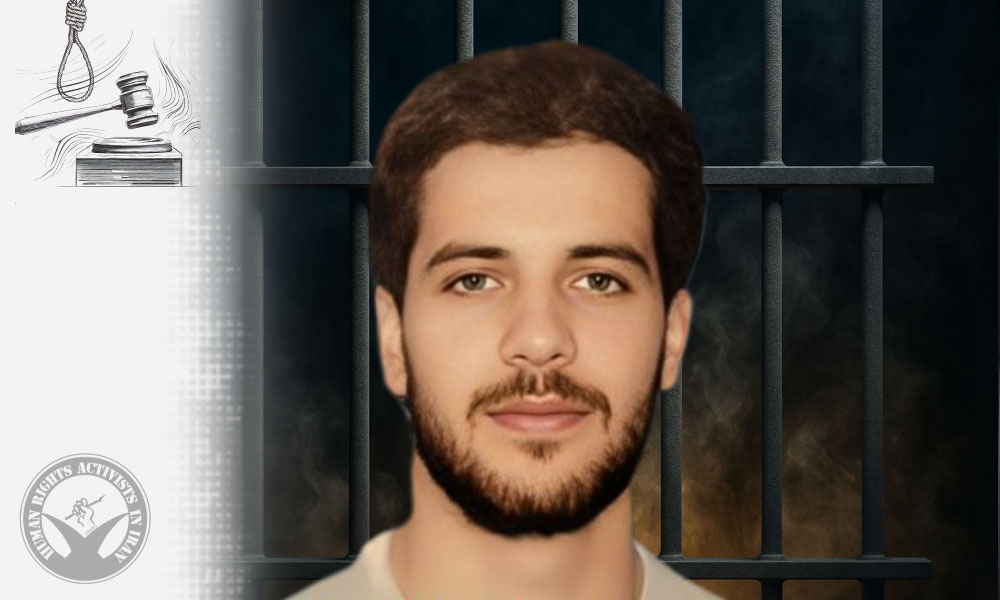Human Rights Activists News Agency (HRANA)- The case of imprisoned teacher Mohammad Habibi—which recently inspired more than 1400 civil and union activists to write to Iran’s Supreme leader demanding that he receive medical treatment—will be reviewed in Branch 36 of the Tehran Appeals Court, presided by Judge Seyed Ahmad Zargar. Habibi’s attorney Hossein Taj told a correspondent from the state-run news agency IRNA on Monday, September 17th that a date for the hearing has yet to be set.
If all goes according to Taj’s hopes, Branch 36 will at best exonerate him, and at worst put him behind bars for seven and a half years. The precarity lies with Article 134 of the Islamic Penal Code, which in theory protects defendants from serving the sum of multiple sentences, but is not applied consistently in practice.
Cumulatively, Habibi’s charges would carry a sentence of ten years: seven and a half years for “National-Security Related Crimes”, 18 months for “Propaganda Against the Regime”, and another 18 months for “Disrupting Public Order.” In addition to prison terms, he was dealt a two-year ban from political and civic activities, a two-year travel ban, and 74 lashings.
Under Article 134, Habibi’s sentence, if upheld, would put him behind bars for a maximum of seven and a half years, i.e. the heaviest one of his three sentences. But Taj, his attorney, remains on guard: the Article 134 rights of imprisoned teacher Esmaeil Abdi, who is also on Taj’s client list, have not been honored: “…Abdi was sentenced to six years’ imprisonment, which by Article 134 should have been five,” Taj explained.
Taj elaborated that Abdi has also been denied both medical care and conditional release from prison, a privilege for which he became eligible after serving half of his sentence. “We have re-submitted my client’s conditional release request, and it is under review,” the lawyer said.
A former teacher of mathematics and Teachers’ Union General Secretary, Abdi has been in prison since November 2016 on charges of “Propaganda Against the Regime” and “Collusion Against National Security.” Habibi, a union activist and member of the Teachers’ Union Association Board of Directors in Tehran province, was arrested amid May 2018 rallies that were staged in observance of a national teachers’ holiday.
Habibi’s case–particularly his own compromised medical condition–recently drew the support of teacher organizations abroad. In a letter addressed to Ayatollah Ali Khamenei, the French trade unions SFDT, SGT, FSO, Solidaires, and UNSA held the Supreme Leader accountable for Habibi’s fate, and called his imprisonment a violation of both human rights and the fundamental freedoms of syndicates.
“Prison authorities continue to refuse him the medical treatment he sorely needs. Without proper care, his condition is at risk of rapid decline,” their letter reads. “We mean to impress upon you that as the Supreme Leader of the Islamic Republic of Iran, you are responsible for the life and health of Mohammad Habibi.”
On the one occasion Habibi’s medical leave was granted, according to HRANA reports, he was released from Great Tehran Penitentiary to a hospital that dismissed him without treatment. He was then transferred to Evin Prison on Monday, September 3, 2018, and has remained there since.
According to a letter from his HR office, Mohammad Habibi is no longer receiving his salary.



